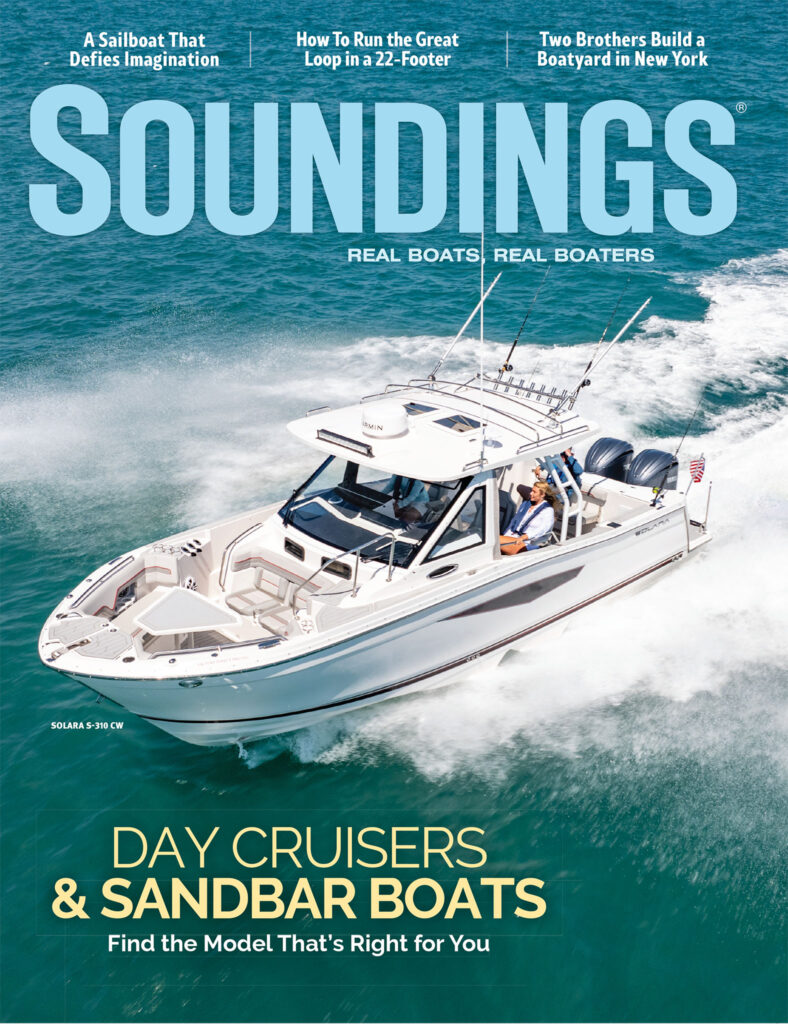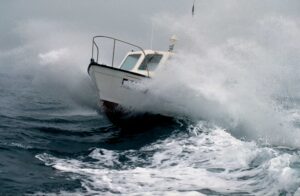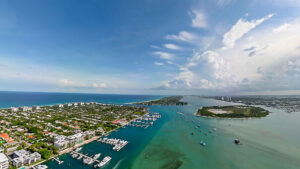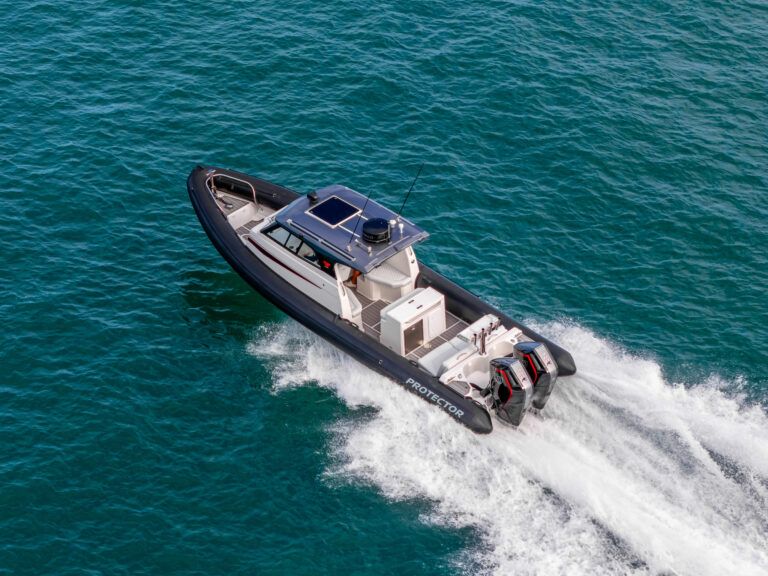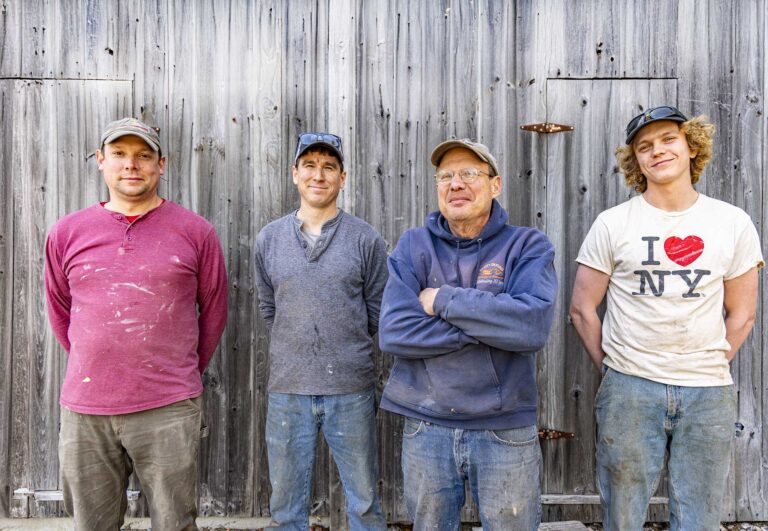Eric and Charlotte Kaufman have stirred some of the same stupid reactions that we heard four years ago when a 16-year-old named Abby Sunderland had to be rescued while attempting a solo circumnavigation under sail. The Kaufmans, you may recall, were recently en route to New Zealand with their daughters — ages 1 and 3 — when they also needed a rescue.
Rebel Heart was 900 miles off Mexico when the Kaufmans called for help because they were unable to steer and their younger daughter had become sick, suffering from a rash and a fever.
I have no desire to conduct a forensic examination to determine whether the Kaufmans were suitably skilled as mariners or whether Rebel Heart was sufficiently seaworthy to make the voyage. Maybe these parents should not have tried such an ocean passage with kids. Maybe they should not have attempted it at all.
But to say that no matter how capable, no parents should sail the oceans with young children is just another sign of the wussification of America. Those critics are at once self-righteous and ignorant. They are part of the problem.
Here’s what I wrote in 2010 about Sunderland:
Compared to other cultures, Americans do not really like other people’s children, probably because they see them as being in competition with their own kids. In Abby Sunderland, most American parents would have to see a kid superior to their own, which might lead to the conclusion that Abby’s mother and father are better parents than they. To me, this is the best explanation for America’s bitter reaction, the most sour of grapes.
Children raised on boats are not like the pasty-faced legion of electronic gamers. They are respectful in conversation, looking adults in the eye while conversing with them as equals. They tend to be well-adjusted, confident, physically fit and and highly resourceful.
First of all, they become experts at the primal art of sailing, but not just sailors — they become skilled in basic engineering, weather forecasting, outdoor survival and foreign languages. People who raise their children on boats are nurturing the kind of qualities we look for in our military elites.
In my defense of the Sunderlands, I quoted from a report by retired military leaders on the state of American youth. Those old soldiers reported that 27 percent of 17- to 24-year-olds in the United States were ineligible for military service because of obesity, literally “too fat to fight.” American kids, the report should have added, are coddled to a degree that we would have considered absurd two generations ago.
And to those who argued that the Navy should bill the Kaufmans for the rescue, let me once again quote myself:
Now let’s put the perils of the sea in perspective. No ocean voyage should be undertaken lightly, but the greatest danger lies closer to home. From childhood, I will never forget that sign posted at the exit to the old Otis Air Force Base on Cape Cod, Mass. Its message was a reminder to base personnel, many of whom had fought in World War II and Korea: “You are about to enter the most dangerous place on earth — a public highway.”
Yet in Abby’s state of California, and numerous others, a 16-year-old can get a license to drive a motorcycle on public highways. By definition these new bikers begin with little experience and do something statistically far more dangerous than an experienced sailor making bluewater passages in a well-found boat with modern electronics. How many of the Sunderlands’ accusers wanted the family presented with the bill for Abby’s rescue — a theme echoed ad nauseam in forums and blogs? Why not bill the parents of the dozens of teen motorcyclists whose remains we must scrape off our public roads each year?
Were the Kaufmans right or wrong? I don’t know, but there are parents with sailboats that are perfectly well-equipped to cross the Pacific with small children. And doing so will help those children grow to be the kind of Americans we used to be — like Abby.

